
Rewriting the Business DNA through Data Driven Strategies
Here's a look at what Reeti Nageshri (Digital Transformation Manager, Automotive Sector, Mahindra & Mahindra) has to say about digital transformation opportunities and how they can enable a business to develop new revenue models in the most unexpected places
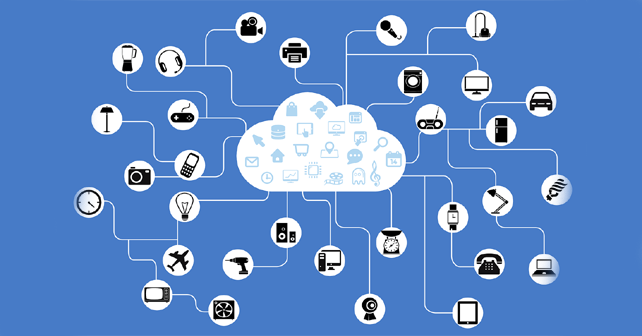
Technological growth, rapidly changing customer trends and competition in almost every field of work are the key elements which form the larger rubric under which businesses function in today's age. While rapid changes always pose a challenge to innovation, a business needs to seek out innovative work models in order to stay at the top of the game. So, can these work models stem from tech-laden areas like Artificial Intelligence and the Internet of Things (IoT)? Well, here's a look at some examples of businesses which have embraced a wide range of digital transformation opportunities, as elaborated below by Reeti Nageshri (Digital Transformation Manager, Automotive Sector, Mahindra & Mahindra)...
Organisations have been functioning in pretty much the same way since the Industrial Revolution; but considering today’s agile world which is moving at 'digital' warp speed, it’s safe to assume that things are never staying the same. In the backdrop of exponential technology growth, intense competition and changing customer expectations, you can’t help but be swept away in this tidal wave of evolution – whether you like it or not.
If there is something that defines today’s economy, it is the need to seek out new business models and to combine them in a way that best meets organizations’ intended goals. The buzzword loaded areas of Deep Learning, AI, Digital payments, Blockchain, RPA, Additive Manufacturing and Wearables are all impressive in their own way – but only the convergence between these will unlock the truly unprecedented revenue models and provide the ecosystem advantage.
Companies that have embraced the full range of digital transformation opportunities haven’t only gained a competitive advantage but have also transformed their business models and industries by driving growth in new sectors. Let’s look at how this has spurred some new revenue models in the most unexpected spaces:
The 'As – A – Service' Revolution
Platform as a service (PaaS) is a concept that describes a computing platform that is rented or delivered as an integrated solution, solution stack or service through an Internet connection. One company that excels at PAAS (Platform as a Service) is Rolls-Royce. Its recent innovation program 'TotalCare' provides a completely new revenue outlook. It essentially rents (versus selling outright) its jet engines using a model known as “power by the hour” where TotalCare is charged on a fixed dollar-per-flying-hour basis. And since Rolls-Royce retains ownership, it actively manages the engine through its life cycle to achieve maximum flying availability through a robust big data intelligence system. The Intelligent Engine is 'the confluence of three ideas—product, services and digital—coming together where the engine learns from its own experiences and those of other engines. The program also saves on fuel costs and reduces environmental impact since the collected data, and the associated advanced analytics, keep engines running at peak efficiency and reliability.
Subscription models can be better for both companies and customers. Businesses get more consistent and repeated revenue streams. Customers no longer need to make huge capital investments, and they get the ability to easily scale their capacities up or down, as well as access to superior support and service.
Internet of 'Thinking'
Peloton Cycles is transforming fitness through cutting-edge Internet-of-Things (IoT) experiences. Running on a treadmill is generally not something you look forward to every morning, but you do it because you are disciplined. To solve the boredom associated with indoor fitness, Peloton introduced an internet connected bike that’s connected with sensors and an integrated 22” tablet.
The model signifies a key paradigm shift made possible by IoT: The path to profit goes from 'selling the next product' to 'enabling recurring revenue,' which is much more lucrative.
What makes this possible? It’s not about the hardware, it’s the content and the community that makes this a special experience. The base product retails for about $2,000, but it also streams live and on-demand classes, which at-home users can connect to via Peloton’s servers. Currently, Peloton boasts 8,000 on-demand streaming classes and over 600,00 subscribers.
Now, think of this as something akin to a Netflix subscription where you got to pay for the streamed on-demand content via an annual subscription of $400+. With more than 150,000 bikes sold, the yearly subscription revenue adds up to something over a whopping $70 million. This is how data is reinventing today’s fitness.
From Hyper Personalisation to 'Account-Based Marketing'
Realizing the need for greater personalization and almost no human-in-the-loop involvement, retailers are rolling out experiential high-tech stores with beacons to identify you, immersive simulators to relate better with the product and various sensors to provide algorithm-based recommendations.
Everything in retail now revolves around buyers’ behaviours, their demands, transaction times – it’s a 360-degree involvement. This isn’t just about hyper-personalisation. This is the Account Based Marketing (ABM) created for each customer, made possible through widespread dissemination of data sensors and big data capabilities. It’s making the invisible visible at scale and in real-time and further able to yield much richer insights about user context than static data. But the value ultimately lies in analyzing flows to detect and act on.
Business Metamorphosis
Inspired by the potential opportunities, digital transformation has become a permanent fixture on many board agendas, but apprehensions about its nature persist. Some executives still think of digital transformation as a new technology implementation. Though it starts as a tech project, the straightforward fact is that digital transformation is all about business process transformation.
Digital transformation is creating a dramatic shift in the overall business direction – the business model, the product portfolio, the go-to-market strategy – essentially every aspect of business operation. And it can also demand a complete restructuring and reskilling. But it’s here and now. These business models aren’t predictions of what could happen but very much the realities for futuristic, fast-moving companies across the globe. There is no time to lose – it is the time to act now.
*The author is the Lead Digital Transformation Manager at the Mahindra Automotive Digital Center. Her forte lies in creating a competitive advantage for Mahindra Auto Business by transforming customer engagement, process optimization and business model innovation.


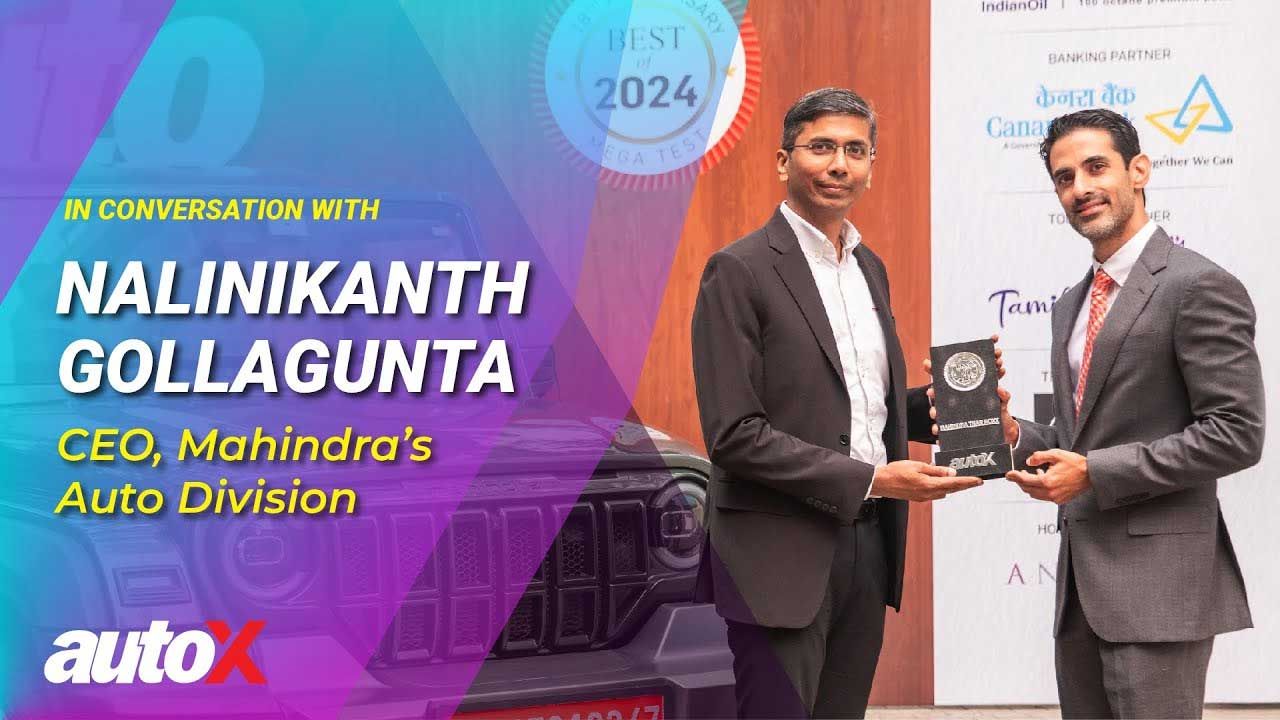
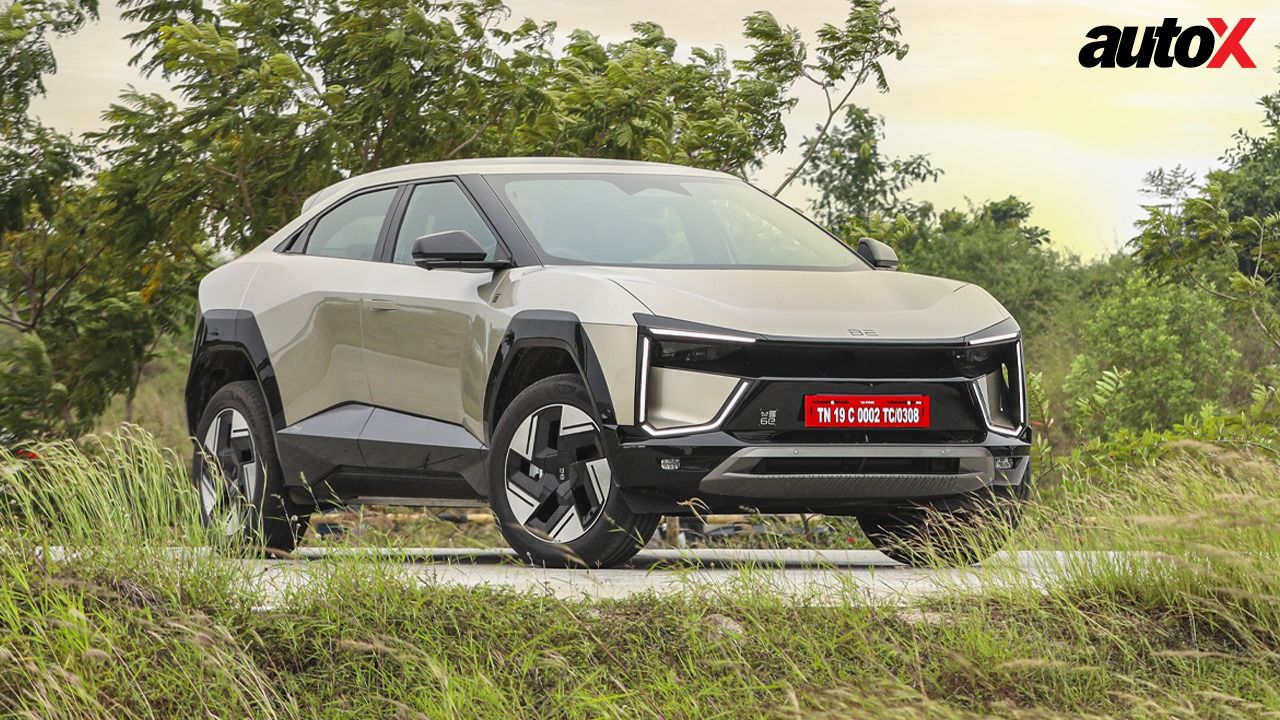
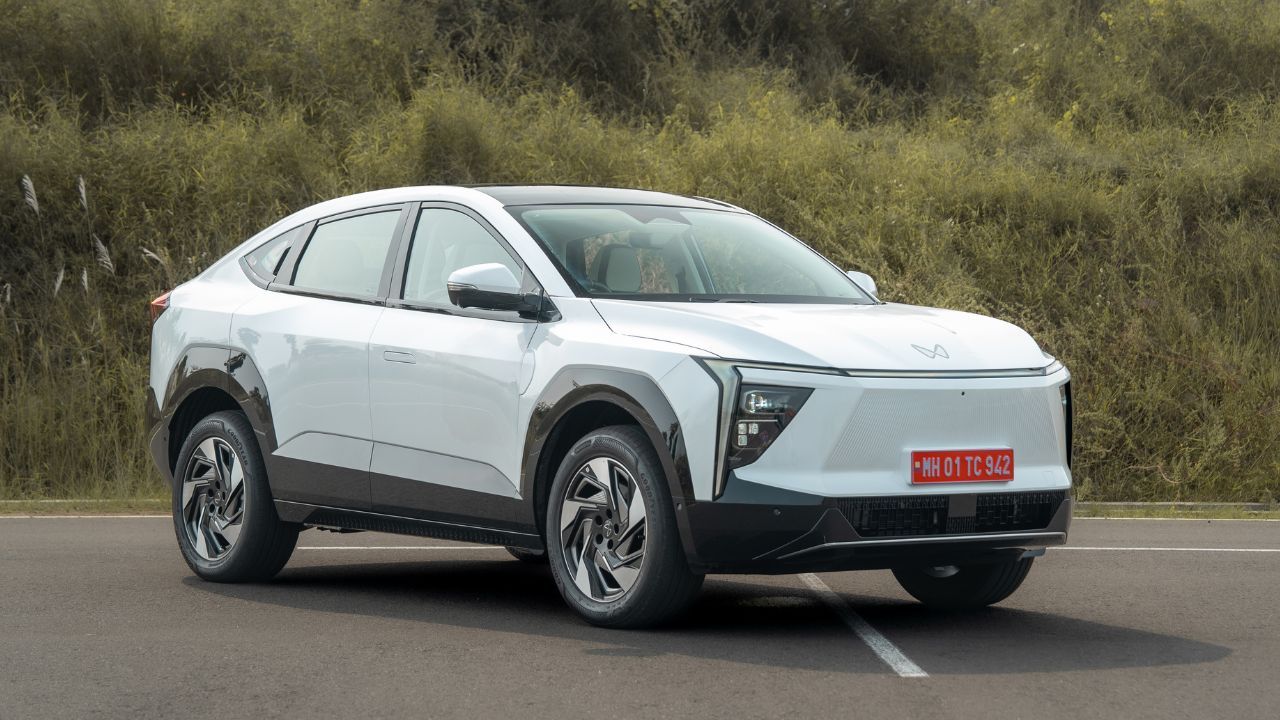
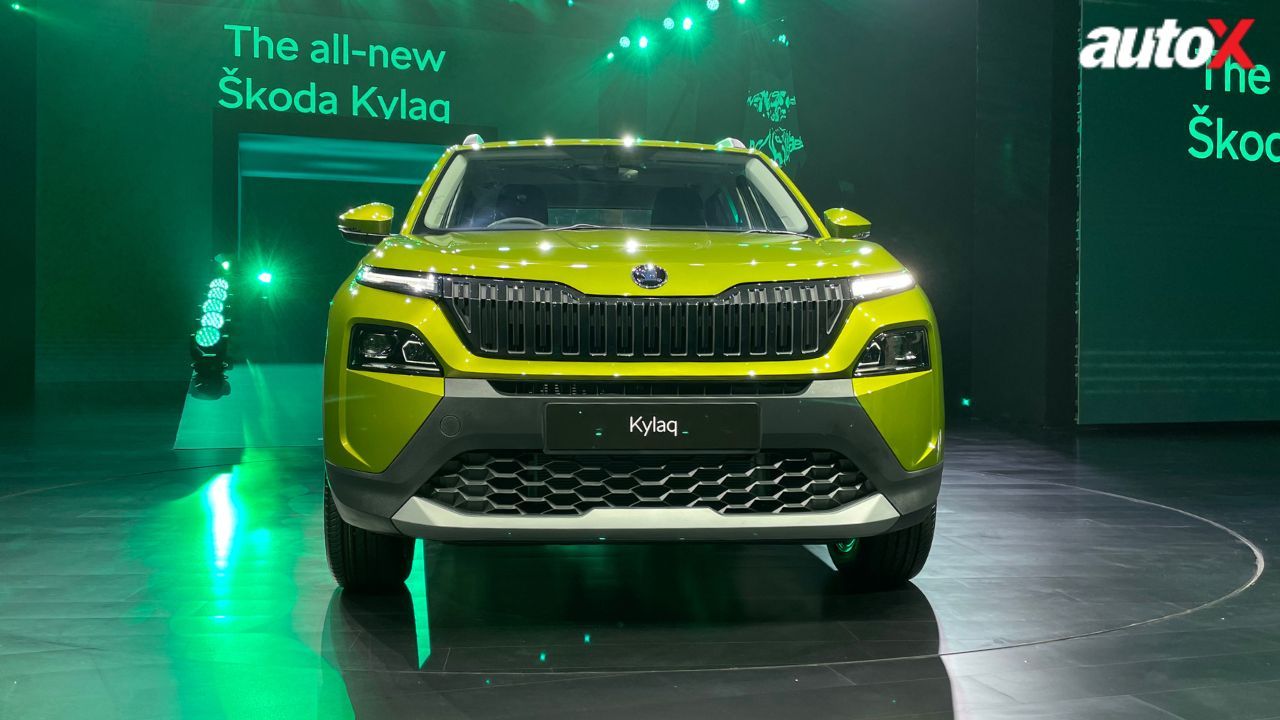























Write your Comment on